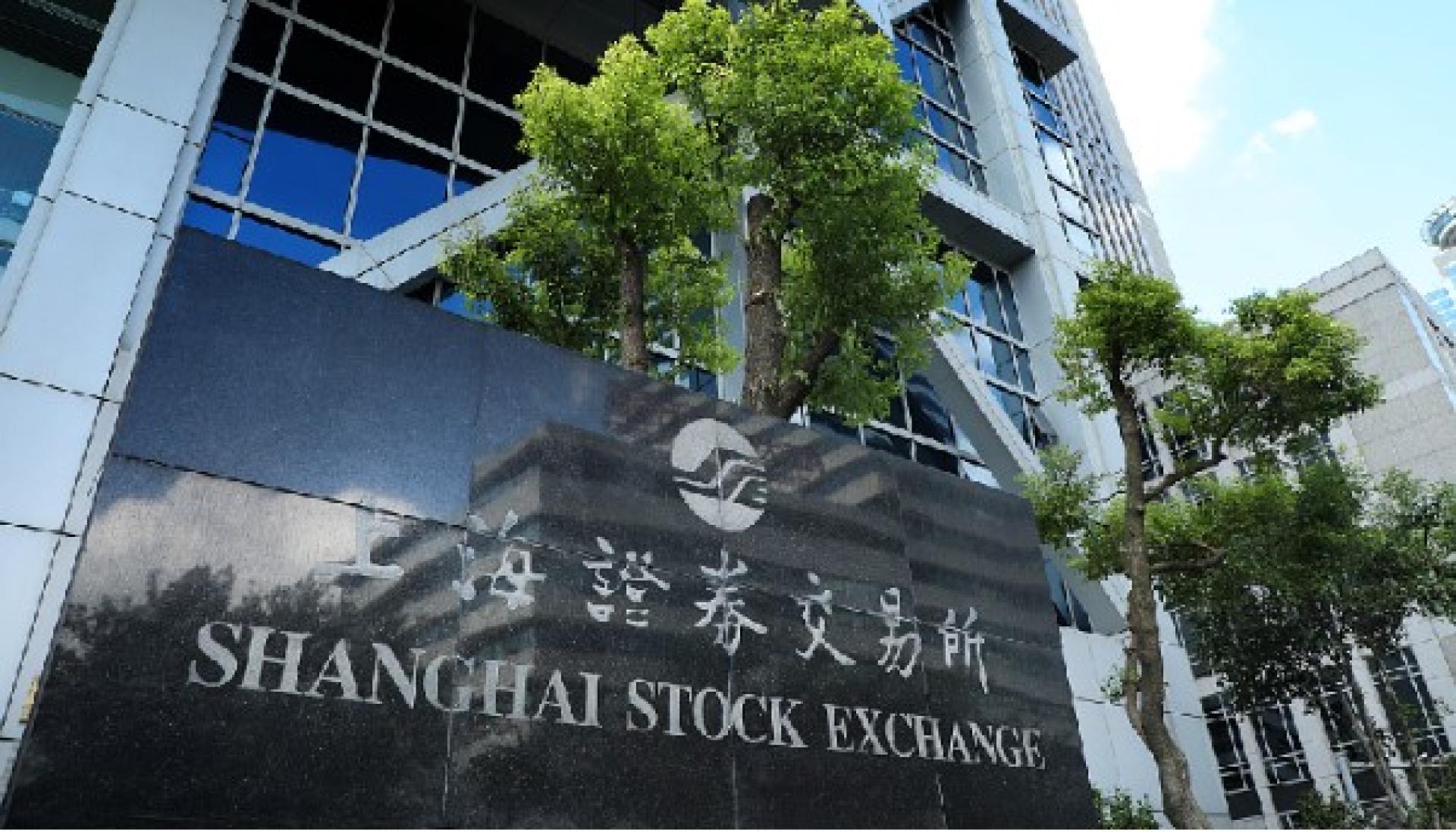(Shanghai, 22nd) Since May, the Shanghai Stock Exchange (SSE) has held four international roadshow events focused on "Spotlight on SSE — Southeast Asian Markets."
According to China News Service, the SSE announced on Monday (July 21st) that these roadshow events covered topics such as an overview of SSE-listed companies' 2024 business performance, a new ecosystem for index-based investing in the SSE market, recent developments and "1+6" reform policy interpretations of the SSE STAR Market, as well as achievements in the SSE’s bond and derivatives markets. The events comprehensively showcased the development potential and investment opportunities of China's capital market.
The SSE stated that more than a hundred investment institutions from Southeast Asian regions such as Singapore, Malaysia, Thailand, Indonesia, and Vietnam participated in the four events.
The series of events included company communication sessions, with the SSE inviting multiple SSE-listed companies to communicate directly with Southeast Asian investors, covering emerging industries such as information technology, high-end manufacturing, and biomedicine.
Participating companies introduced industry development trends, company operations, development strategies, overseas revenue, and long-term global layouts. During the exchanges, Southeast Asian investors showed interest in fields such as AI infrastructure, cloud computing, intelligent driving, and pharmaceutical R&D. They communicated with companies on specific topics, including the practical application effects of large language models, plans to onboard intelligent terminal partners, progress in clinical research, and the approval of new drugs.
The SSE noted that in recent years, Southeast Asian investors’ attention to the Chinese market has continued to rise, with investment interest steadily growing. By holding this series of roadshows, the SSE aims to deepen exchanges with Southeast Asian capital markets, enhance Southeast Asian investors’ understanding of the SSE market, promote the investment value of SSE-listed companies, and further attract more long-term international funds to enter the market.
According to China News Service, the SSE announced on Monday (July 21st) that these roadshow events covered topics such as an overview of SSE-listed companies' 2024 business performance, a new ecosystem for index-based investing in the SSE market, recent developments and "1+6" reform policy interpretations of the SSE STAR Market, as well as achievements in the SSE’s bond and derivatives markets. The events comprehensively showcased the development potential and investment opportunities of China's capital market.
The SSE stated that more than a hundred investment institutions from Southeast Asian regions such as Singapore, Malaysia, Thailand, Indonesia, and Vietnam participated in the four events.
The series of events included company communication sessions, with the SSE inviting multiple SSE-listed companies to communicate directly with Southeast Asian investors, covering emerging industries such as information technology, high-end manufacturing, and biomedicine.
Participating companies introduced industry development trends, company operations, development strategies, overseas revenue, and long-term global layouts. During the exchanges, Southeast Asian investors showed interest in fields such as AI infrastructure, cloud computing, intelligent driving, and pharmaceutical R&D. They communicated with companies on specific topics, including the practical application effects of large language models, plans to onboard intelligent terminal partners, progress in clinical research, and the approval of new drugs.
The SSE noted that in recent years, Southeast Asian investors’ attention to the Chinese market has continued to rise, with investment interest steadily growing. By holding this series of roadshows, the SSE aims to deepen exchanges with Southeast Asian capital markets, enhance Southeast Asian investors’ understanding of the SSE market, promote the investment value of SSE-listed companies, and further attract more long-term international funds to enter the market.
